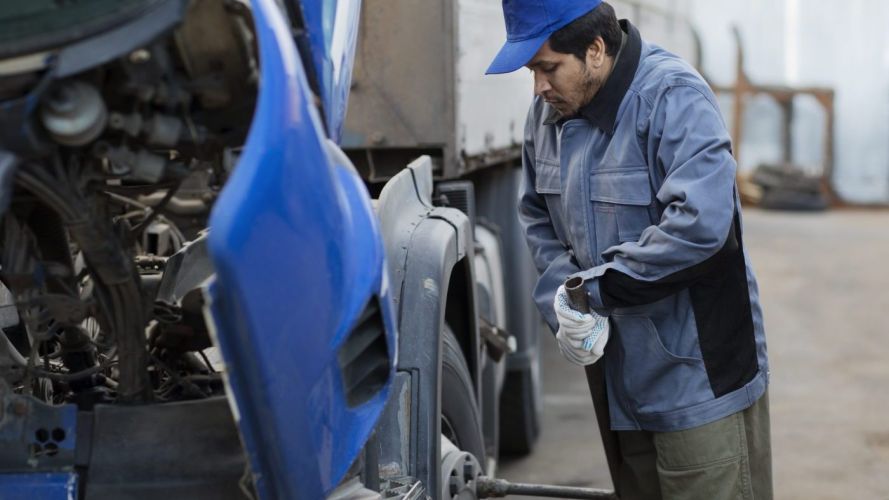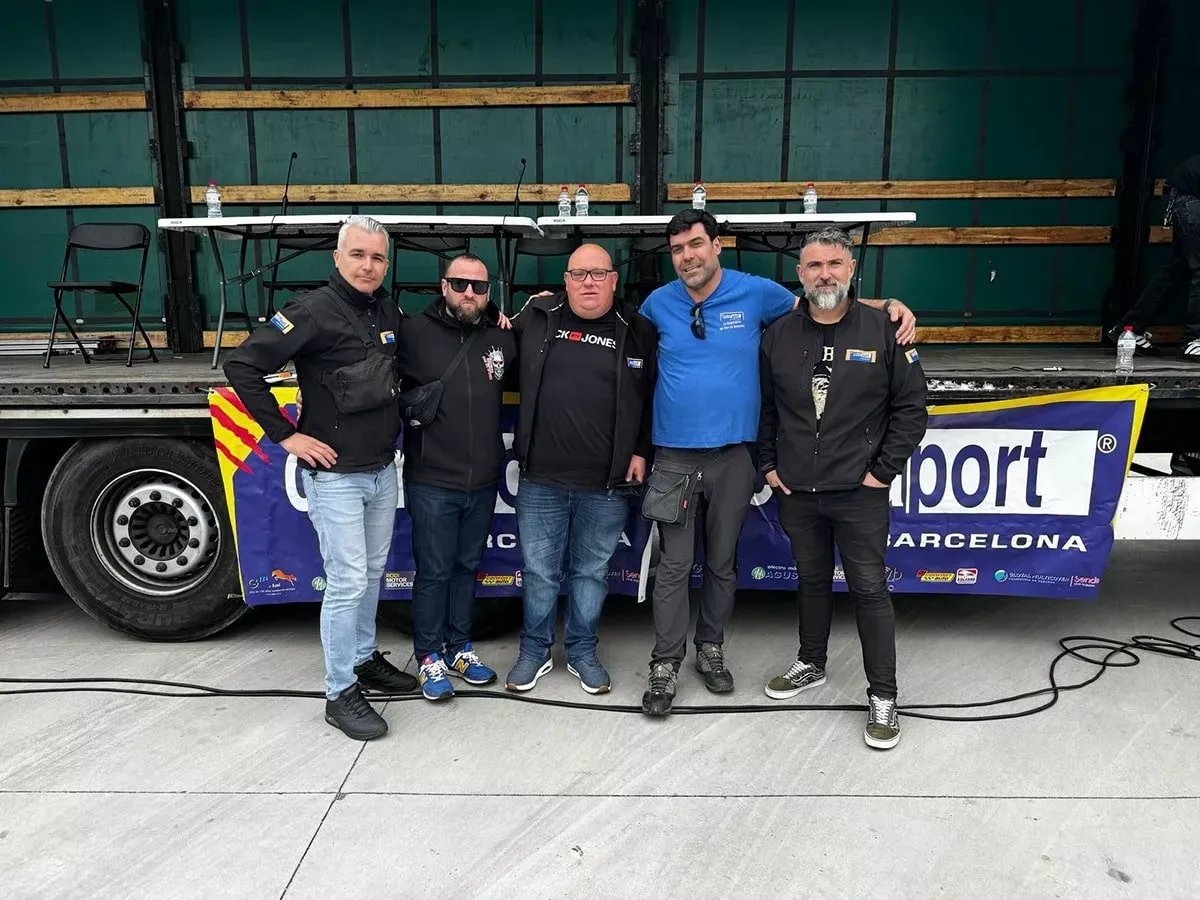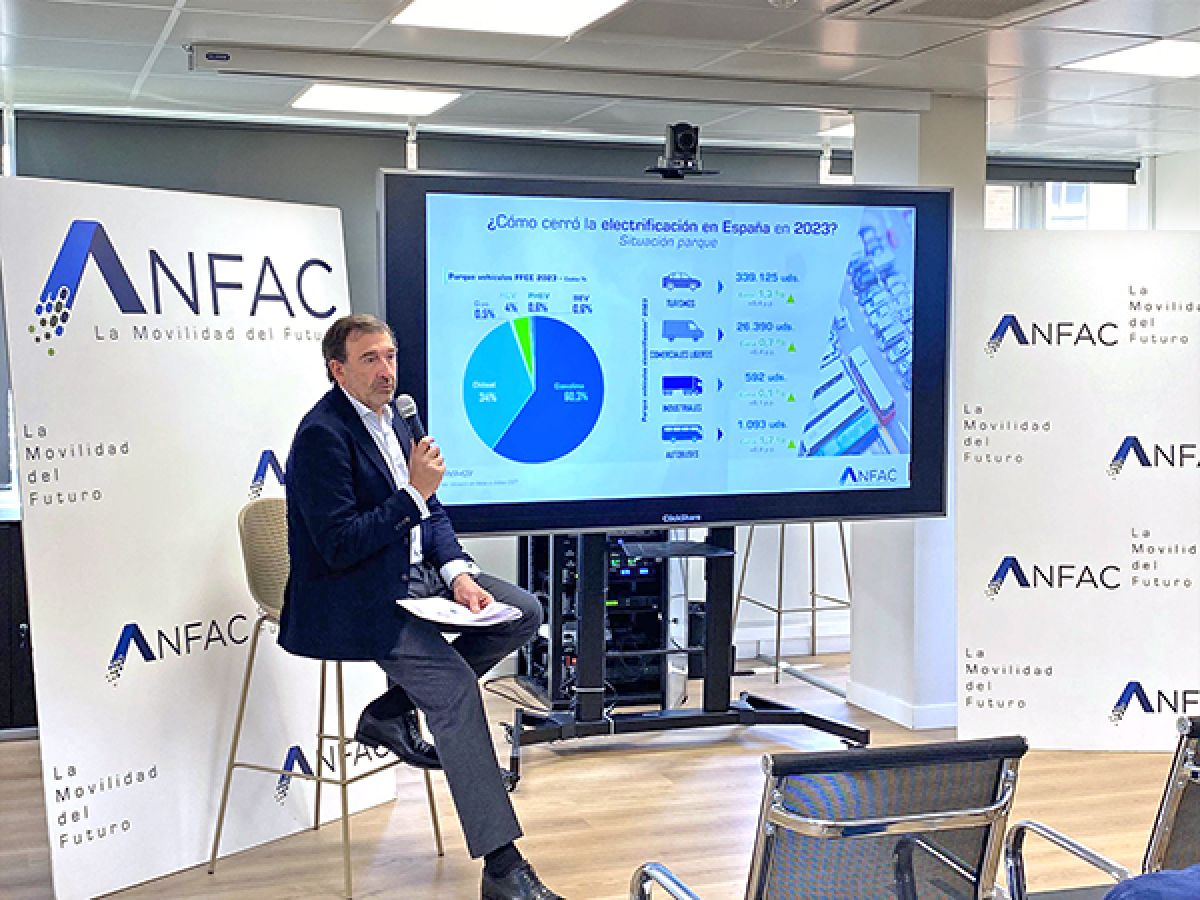
Catalan transport demands solutions to the difficulties in obtaining an appointment at ITV
The main Catalan associations for the transport of goods by road have opened channels of communication with the Generalitat to tackle the problems they detect in vehicle technical inspections (ITV). Associations and companies in the sector point out that a waiting situation to obtain an appointment “which does not go less than three weeks” has come to “normalize” in demarcations that accumulate a large fleet of vehicles, such as the metropolitan area of Barcelona, something that “has become much worse in recent months”, and that leads to several negative consequences for the profitability of their businesses and general safety on the roads. For this reason, their requests have been submitted to the Department of Business and Labor of the Catalan Government, which has started a bill since this year to reform the regional model of reviews, but whose processing is still in the preliminary phase.
According to the analysis of the sectoral associations, the current situation would be derived from the adaptations that the service had to make in the pandemic, which decreased “the flexibility” that existed in favor of greater rigidity in the prior appointment system. “Then large bottlenecks were generated, and then the situation has been normalizing, but there are areas where the desired normality has not been achieved,” said the general secretary of Transcalit, Yolanda Redondo. The director of the company based in Cervelló (Barcelona) Laren 2000, Julio Delgado, maintains that to obtain an appointment at the nearest station with a heavy line, Sant Andreu de la Barca (Barcelona), “we are talking about waiting periods of more than a month”. The same problem is generated at the Barcelona Motors street station, operated by Applus and in whose surroundings there are areas with a large accumulation of trucks such as the port and the Barcelona Free Trade Zone. “In Barcelona, there are no dates until the end of June,” the director of Laren 2000 has verified.
“The ITV web pages show spaces, but when you select the option to put a truck in, all the appointments are automatically filled,” lamented the president of Astac Condal, Evaristo Magaña, referring to discrimination that the sector relates to the business model of the companies that have a concession to perform the service. “The ITV have assigned some minimum ratios, by category and by vehicles per day, to attend to,” said Yolanda Redondo (Transcalit). For this reason, “trucks create problems for them, because they take up more time and occupy more space within the facilities”, so the spaces reserved for heavy trucks decrease.
According to the carriers, they have to move the trucks to places further away or even outside of Catalonia to pass the ITV, “doing empty kilometers” or planning it on the routes. In the latter case, explained Julio Delgado (Laren 2000), “there is a risk because they give you an hour does not mean that you spend it right then”, which entails changes in the planning of the routes, “and all that is costs”, he adds. Another element that aggravates the problem comes when an anomaly that must be corrected is detected, before which the ITV stations require the carrier to request an appointment again, generating an unplanned period of inoperability for the truck and with the same waiting times. “There may be people circulating without passing the ITV, with all the risks that this implies,” says Evaristo Magaña (Astac).
MANAGEMENT REACTION
For their part, sources from the Department of Business and Labor of the Generalitat de Catalunya have acknowledged that “we have received complaints from private carriers, companies and also associations representing passenger transport”, affected by the same problem. In this sense, the Catalan Administration activated the consultation phase for the draft law in January, to which various actors in the sector submitted requests, and which, according to the government body, “will allow the network of fixed stations to be increased and offer more to carriers.” Likewise, the same entity has drafted a new instruction in this regard -9/2023-, which should enter into force as of July 1, “and which establishes minimum offer” in the stations “for actions that have a lower economic performance than others”. “That is to say”, sources from the Generalitat department clarify: “A few hours will be reserved so that industrial vehicles have preference to pass inspections”.
The measure is part of the requests of the sector, but it is not considered as a definitive solution. “It can alleviate the problem”, argues Julio Delgado (Laren 2000), “but it does not guarantee the service”, to which Transcalit adds that “this reserved space should be well sized and based on the number of vehicles we have in Catalonia, for which the Administration has the data”. From Astac Condal,

